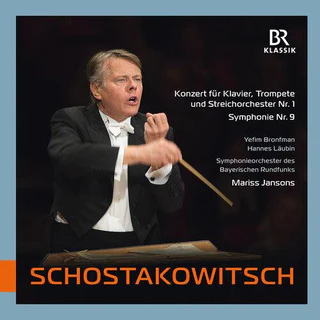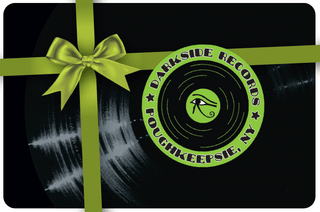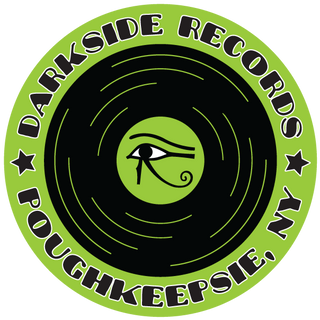Yefim Bronfman- Concerto for Piano Trumpet

Increasingly, Shostakovich's music is captivating people all over the world and appealing to their deepest emotions. Almost like no other, it bears witness to a traumatic political epoch while remaining a timeless expression of existential human feeling and experience. For me personally, said conductor Mariss Jansons, who died two years ago, "Shostakovich is one of the most serious and sincere composers of them all." Shostakovich's (first) piano concerto features impressive pianistic virtuosity, bold experimentation, satire, and caricatures of different musical styles. The composer wrote it in the summer of 1933, only a few weeks after the completion of his opera " Lady MacBeth of Mtsensk". He himself called it a "mocking challenge to the conservative-serious character of the classical concert attitude". This concerto in particular demonstrates the immense versatility and magnificent talent of the still carefree 26-year-old Shostakovich. He blends a wealth of musical thoughts and ideas into a colorful and fascinating kaleidoscope. Despite the wealth of different stimuli, the concerto does not seem chaotic or overloaded: the young composer effortlessly maintains the balance. Shostakovich performed a similar balancing act between creative work and conformity to the state in his Ninth Symphony, which premiered on November 3, 1945. Instead of the expected heroic, regime-conformist orchestral thunder along the lines of his Seventh Symphony, the "Leningrad", the music heard here was playful, without pathos, somewhat witty, full of allusions - yet something did not seem quite right. This musical conundrum, full of ironic refractions and caricatures of melodramatic and triumphant music, was recognized by the censors as a masquerade, yet one that was not easily decipherable. Shostakovich had mocked Stalin without the latter noticing.
Shop online 24/7 at Darkside Records.
Follow us on Instagram.
> Due to the current limited nature of music titles, ALL CD & Vinyl purchases are limited to ONE copies per customer, per item. If you place multiple orders for multiples of the same title, your subsequent orders will be canceled.
Increasingly, Shostakovich's music is captivating people all over the world and appealing to their deepest emotions. Almost like no other, it bears witness to a traumatic political epoch while remaining a timeless expression of existential human feeling and experience. For me personally, said conductor Mariss Jansons, who died two years ago, "Shostakovich is one of the most serious and sincere composers of them all." Shostakovich's (first) piano concerto features impressive pianistic virtuosity, bold experimentation, satire, and caricatures of different musical styles. The composer wrote it in the summer of 1933, only a few weeks after the completion of his opera " Lady MacBeth of Mtsensk". He himself called it a "mocking challenge to the conservative-serious character of the classical concert attitude". This concerto in particular demonstrates the immense versatility and magnificent talent of the still carefree 26-year-old Shostakovich. He blends a wealth of musical thoughts and ideas into a colorful and fascinating kaleidoscope. Despite the wealth of different stimuli, the concerto does not seem chaotic or overloaded: the young composer effortlessly maintains the balance. Shostakovich performed a similar balancing act between creative work and conformity to the state in his Ninth Symphony, which premiered on November 3, 1945. Instead of the expected heroic, regime-conformist orchestral thunder along the lines of his Seventh Symphony, the "Leningrad", the music heard here was playful, without pathos, somewhat witty, full of allusions - yet something did not seem quite right. This musical conundrum, full of ironic refractions and caricatures of melodramatic and triumphant music, was recognized by the censors as a masquerade, yet one that was not easily decipherable. Shostakovich had mocked Stalin without the latter noticing.
Shop online 24/7 at Darkside Records.
Follow us on Instagram.
> Due to the current limited nature of music titles, ALL CD & Vinyl purchases are limited to ONE copies per customer, per item. If you place multiple orders for multiples of the same title, your subsequent orders will be canceled.






